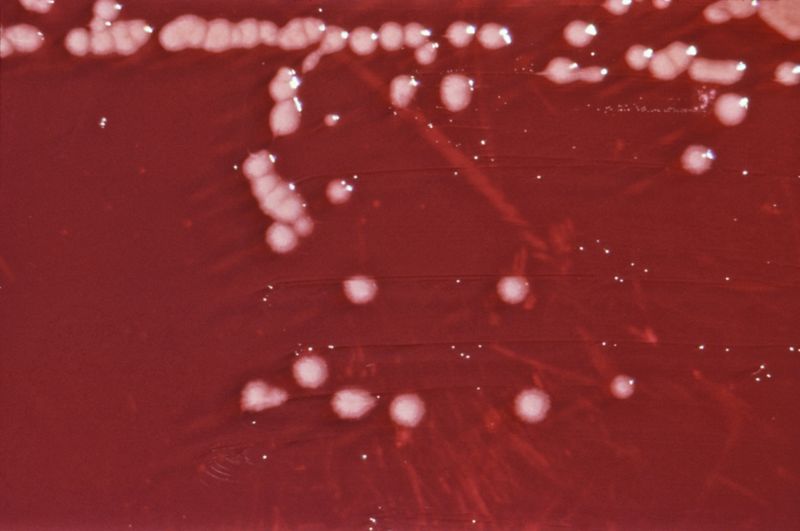Dozens of new natural antibiotics found in the human body
Date: 8.11.2021
Antibiotic-resistant bacteria are poised to become a major health threat in the coming decades, but now it turns out that new antibiotics might have been inside us all along. Researchers at the University of Pennsylvania used a “search” algorithm to find dozens of potential antimicrobial peptides in the human body.
 With our last line of defense already beginning to fail, scientists are searching for new drugs in a variety of places, including green tea, tobacco flowers, human breast milk, rattlesnake venom, frog skin, fungi, and even platypus milk.
With our last line of defense already beginning to fail, scientists are searching for new drugs in a variety of places, including green tea, tobacco flowers, human breast milk, rattlesnake venom, frog skin, fungi, and even platypus milk.
For the new study, researchers searched for new antimicrobial peptides (AMPs) in the human body. Like a search function for finding specific words or phrases in a document, they used an algorithm to find peptides with antimicrobial properties within the human proteome, the complete library of proteins produced in the body.
The team started by scanning the proteome for peptides with characteristics common to all AMPs – namely, a length of between eight and 50 amino acids, a positive charge, and containing both hydrophobic and hydrophilic pieces.
This search returned 2,603 hits, and intriguingly they had no connection to the immune system, leading the team to refer to them as “encrypted peptides.” “We found that 63.6 percent of 55 selected encrypted peptides displayed antimicrobial activity,” says César de la Fuente, lead researcher on the study.























